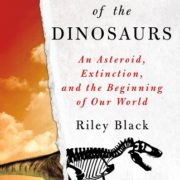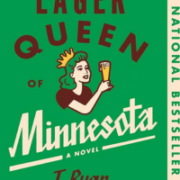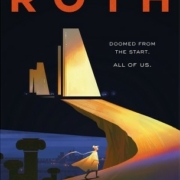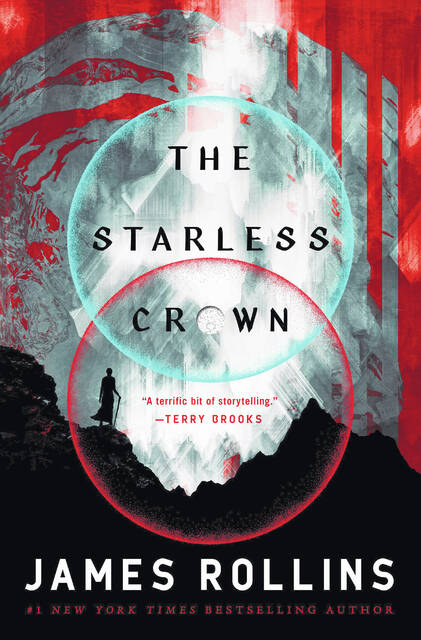Inside Story: A Novel by Martin Amis
A frequently asked question of authors in The New York Times Book Review goes something like this. “You’re hosting a literary dinner party. Which authors do you invite?” From the answers, we are to glean literary leanings. To me, what’s also being revealed is authors’ idea of a dinner party.
I’m partial to lively dinner gatherings, so you, dear reader, will be seated next to Norman Mailer (the Mailer from the 1970s). Across from him will be the essayist Christopher Hitchens (the Hitchens from any decade). And it just so happens that Hitchens’ good friend is a fellow Oxford-educated writer, and one of my favorite novelists, Martin Amis. He’s the quintessential English wit to add a cool levity that will attenuate the other combustible personalities at the table. Let’s seat him across from you.
Amis is renowned for using his high style of prose to unveil modernity’s excesses and absurdities, often writing about characters you would never actually want to know (which, trust, works). He is in his seventh decade and has stated that his latest novel, Inside Story: A Novel, could very well be his last. It’s a work of autofiction, so some might be frustrated in delineating fact from fiction. It, nonetheless, certainly reads like an autobiography. (Amis doesn’t spare himself in the book. He quotes George Orwell: “Autobiography is only to be trusted when it reveals something disgraceful.”) Plus, those who like his work will not really care one way or the other. Amis knows how to turn a sentence, so we are willing to afford him a wide latitude. Example: In one of his earlier novels he placed himself as an actual character. This was too much for Amis’ father, the venerated novelist Kingsley Amis; for when he came across the portion of the novel that introduced the character “Martin Amis,” he threw the book across the room.
Here, Amis more/less oscillates among three individuals. Because Kingsley was a large presence in Martin’s excellent 2000 memoir, Experience, he’s not one of them. But, just you wait, one of these three will hand Martin some big news concerning Kingsley.
First is the novelist Saul Bellow, whom Amis revered. Conversations between the two came naturally, and Amis recounts many. We learn that Bellow, winner of the Nobel Prize, the Pulitzer Prize, and three National Book Awards, “despised with every neutrino of his being” what often passed as literary pedagogy. He did not abide attending literary conferences only to be told such things as what “Ahab’s harpoon symbolizes.”
We already know that novelists are users by nature. “Novelists are power-crazed usurpers,” cautions Amis. If you friend one, don’t be surprised to find yourself in a novel. Bellow, apparently, ran with this notion, ruining many of his marriages and driving some of his family members to cease speaking with him. Yet, according to Amis, Bellow’s last wife possessed an “atavistic fire” of devotion as Alzheimer’s plagued him.
“Writers die twice,” writes Amis. And it happened to Bellow. When Amis looked into his eyes one day, he knew that Bellow’s writing days were over. Gone was the prose that was a “force of nature.” Bellow was experiencing a “death of the mind: dissolution most foul.”
If Bellow’s prose was a force of nature, it could be said that Christopher Hitchens was a force of nature. To say he was a columnist and an orator understates Hitchens. He used the pen and the lectern about as fiercely and masterfully as one can, possessing “no ordinary powers of restiveness and mental orchestration.” And no institution or individual was safe. At times, especially in his later years, it almost seemed as though Hitchens was becoming a contrarian for its own sake. But he remained consistent in challenging anything fascistic or nonsensical, which, to him, included religion.
Amis and Hitchens met in the early 1970s, their lives eventually following a similar pattern of marriage, children, divorce, and then remarriage. Amis has plenty of stories to share about his friend. And no recounting of Hitchens would be complete without mentioning his copious intake of alcohol and cigarettes. To wit: one night, Amis and Hitchens had an epic go with vodka, wine, and various other spirits. The next day, a severely hungover Amis found that not only had Hitchens made it to an early morning television appearance and debate, but he also wrote an article for publication. At noon, Hitchens let himself into Amis’ place, poured a whiskey for himself and inquired how Amis was feeling. In response to hearing of Amis’ dreadful state, Hitchens devilishly replied, “Mm. I don’t get hangovers. Can’t see the point of them.”
The point of them, of course, is to listen to your body’s distress moan: “Slow down, man.” This lack of communication caught up with Hichens in 2010 when he was diagnosed with stage four esophageal cancer. Amis says that Hitchens had a “compulsion to stride into his fears.” But still, there’s no small degree of poignancy to read that Hitchens quietly lamented the finality of it all: never seeing England again; missing his niece’s upcoming wedding. Hitchens’ two deaths were in proximity, and Amis was a dot-the-i friend to him through it all; he was by his side during treatment and at his death.
Then there is Phoebe Phelps, a girlfriend of Amis from the late 1970s, a woman he found “alluringly amoral.” When she went broke from gambling, Amis invited her to live with him. But cohabitating did not change the fact that she did not return love in kind. He knew he had made a mistake, that he was “out of his depth, and going under.” (You can find characters like her in Amis’ fiction. And you can see this version of Amis as well. In The Information, our protagonist awoke one morning “at six, as usual. He needed no alarm clock. He was already comprehensively alarmed.”)
Their relationship ended after five years. Decades later, Phelps reentered Amis’ life. On September 12, 2001, still shocked from the terrorist attacks the day prior, Amis was met with another jolt. Phelps rang him up to announce, “It’s been bothering me for twenty-four years and I don’t see why it shouldn’t start bothering you.” The bother: Phelps said that Kingsley had told her that he was not Martin’s father. The poet Philip Larkin was.
Martin’s wife tells him that this was just another contrived cruelty from Phelps. (And it certainly appeared that it was.) Martin can’t help but mull it about, however. Yes, Kingsley and Philip were friends. Yes, too, Martin appreciates Larkin’s poetry. But the thought of being “a Larkin” chills him. It’s clear that so much of Larkin repulses Martin: that Larkin skirted fighting the Nazis, that he was a sour and gloomy mess who hated children. (And Martin’s love life fell more on the Kingsley side of the ledger, meaning Kingsley had a staggering number of affairs. While Martin did not go to quite that extreme, he was more in line with Kingsley’s camp than with Larkin’s “irreducible church-mouse penury.” This clearly bothers Amis. Take from that what you will.) Phelps was jealous that it was Martin who went on to marry and have children. She couldn’t stand that it was she who became, in essence, “a Larkin.”
Amis also has plenty to impart on a range of topics, including writing. Here’s one: want to write a religious novel? Don’t, says Amis, “because fiction is essentially a temporal and rational form.” That’s why Amis can’t get on with Graham Greene. He likens reading Greene to riding a train. The prose moves along smoothly enough, but the tea trolley is rattling away. To Amis, that annoying rattle is religion.
As of this writing, I’ve left the last handful of the novel’s pages unread, for two reasons. 1) I don’t want good books to end. 2) I know that Amis is saying goodbye to his readers, so I’m trying to delay my bereavement. Over decades, he’s taken great care of his readers, his guests. If he had never written a word, Amis states that he would have been more than content with being just a reader. Because no other art form better reveals the depth of an inner life than literature. When we read of others doing, as Bellow writes, “the silent work of uneventful days,” we see in them derivatives of our own. Well, Mr. Amis, I’m pleased you wielded a pen and did the long work. And if this is it, and our visits have come to an end, then know this: Believe, the pleasure was all mine.











